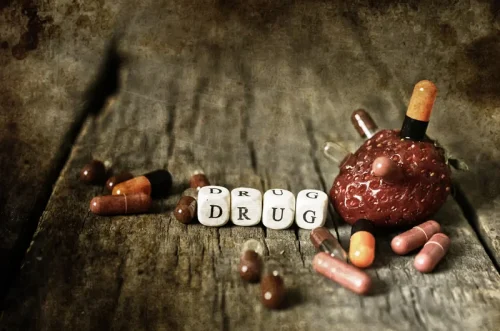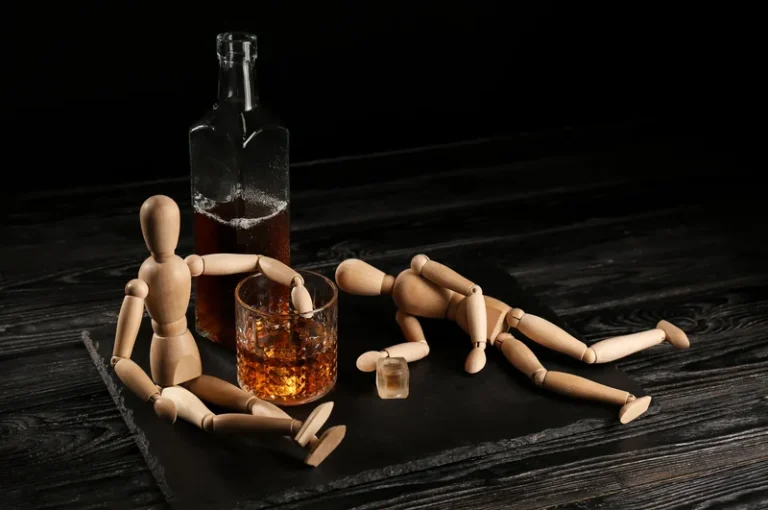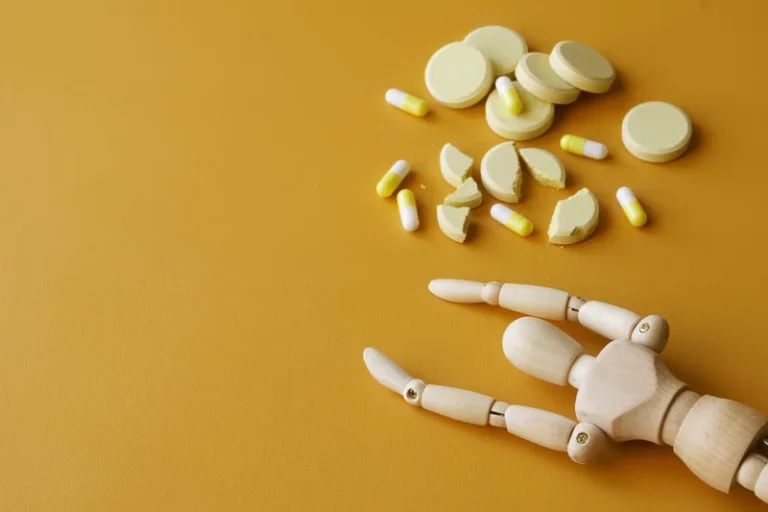Vicodin Addiction, Abuse, And Treatment

But it is possible to recover from hydrocodone addiction with proper treatment. Rehab treatment can help people overcome withdrawal symptoms and learn techniques to avoid relapse during recovery. People who use hydrocodone should know the potential dangers of the substance to use it safely and avoid addiction or overdose. Those who haven’t been addicted for as long or as drastically can go on a rapid detox program, which is completed in hours under the influence of anesthesia.
What Are the Long-term Side Effects Of Vicodin Addiction?
- This helps to place limits on the amount of the drug sold and where it can be sold.
- Compared with men, women also are more likely to be prescribed opioid medicines, to be given higher doses and to use opioids for longer periods of time.
- Your doctor may want to reduce your dosage gradually and have you stop taking it sooner than expected.
- This means that a patient can overdose, build up a tolerance, and become dependent on it, along with many other side effects.
People addicted to Vicodin compulsively use the drug despite knowing the consequences, often sacrificing their health, responsibilities and relationships. The opioid antagonist Narcan (naloxone) can block the effects of opioids and reverse an overdose. Your doctor may recommend keeping it on hand if you are at risk of a Vicodin overdose. Once a physical dependence on Vicodin develops, addiction becomes more likely.
- The production of prescription painkillers increased substantially from 2000 to 2010.
- Don’t try to quit using Vicodin on your own after heavy or prolonged use.
- These drugs connect to proteins in the brain and spinal cord called opioid receptors.
- People who use Vicodin for long periods of time, at higher doses than prescribed, or without a prescription may be at risk for developing a Vicodin dependence.
When it’s time to stop using opioid medicine
- Opioids are highly addictive, largely because they trigger powerful reward centers in your brain.
- Naloxone reverses the effects of opioids during an emergency if you stop breathing.
- You may be tempted to take more opioid medicine than your taper recommends.
- Vicodin changes your perception of pain and your emotional response to it.
- They’re usually meant to be taken for a short time while a person recovers from an injury or surgery.
Rather than be taken orally, the powder is snorted into the body by the user. Doing this allows the Vicodin to permeate the system in a short time compared https://ecosoberhouse.com/article/meth-addiction-and-abuse-symptoms-and-treatment/ to being swallowed, but it also puts individuals at a higher risk of harm and powerful side effects. Because Vicodin already contains acetaminophen, combining it with other acetaminophen-containing products is extremely dangerous and toxic to your liver. Products containing acetaminophen are widespread and often available over-the-counter, including Tylenol and cough, cold and flu treatments. If you are unsure whether a product contains acetaminophen, contact your doctor or pharmacist. The maximum recommended dose of acetaminophen is 3 grams (3000 milligrams) in 24 hours.

How to tell if a loved one is misusing opioids
Hydrocodone can be very effective, but it can also become habit-forming. If you’ve taken opioid medicine for more than 7 to 10 days, it’s likely you need to stop soon — and stop slowly — to keep from having symptoms of withdrawal. Nonopioid pain relievers such as acetaminophen (Tylenol, others) and ibuprofen (Advil, Motrin IB, others) are safer and often as effective as opioids for managing pain. Your doctor might recommend scheduling nonopioid pain relievers and using opioids only for breakthrough pain. Ask a trusted household member or other friend or family member to help you manage your medication.

- While hydrocodone is typically taken orally, some who abuse the drug crush the pills and either snort or inject the powder.
- For example, mixing hydrocodone and weed can lead to respiratory distress or coma, while mixing hydrocodone and Xanax can depress breathing and induce sleepiness.
- According to a 2017 report by the Drug Enforcement Administration, hydrocodone was the most widely prescribed opioid in the United States from 2007 to 2016.
- The symptoms will depend on your physical and psychological makeup, the length of time you’ve been using, the dosage you were taking, and other individual factors.
- Let your doctor know that you will be withdrawing so that you can talk about any medications that may be helpful for treating possible side effects.
- She has over 20 years of clinical experience working with children, adolescents, and adults, and has a clinical focus in family relations, substance abuse, and trauma.
Although Vicodin has a legitimate medical purpose, the prescription narcotic is dangerous to those who may take vicodin addiction it for the euphoric high it can provide. Vicodin is a brand of prescription painkiller that contains acetaminophen, a drug used to treat minor aches and pains, and the addictive opioid hydrocodone. Professional care from health providers can help ensure that your withdrawal symptoms are carefully monitored, but you can also go through this process at home.

